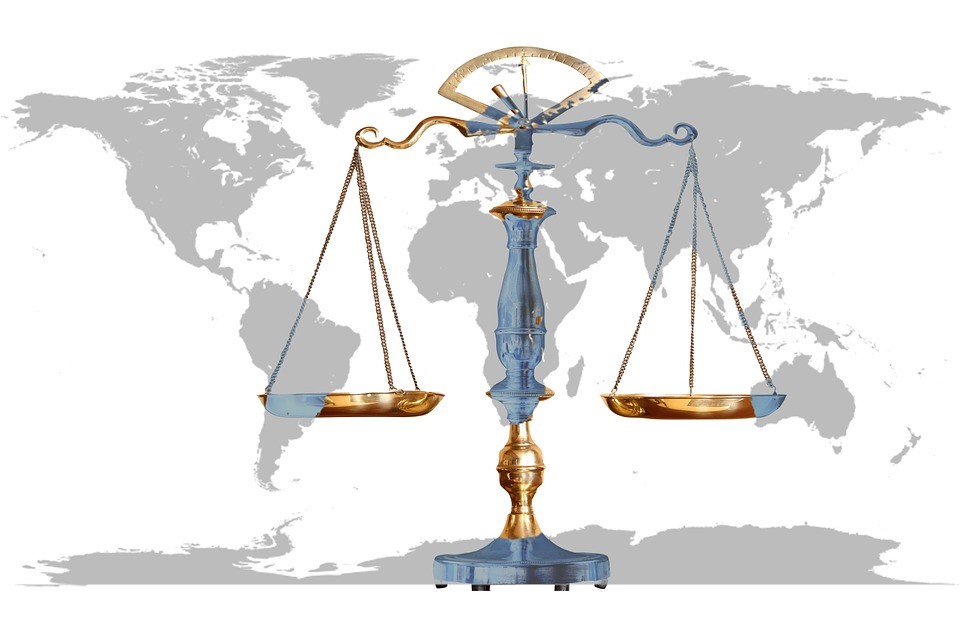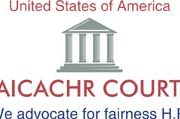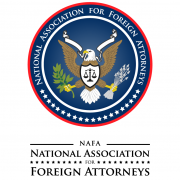
The Library of Congress (LOC Washington, D.C) is the research library that officially serves the United States Congress and is the ‘de facto’ national library of the United States. It is the oldest federal cultural institution in the United States. The Library is housed in three buildings on Capitol Hill in Washington, D.C.; it also maintains the National Audio-Visual Conservation Center in Culpeper, Virginia. The Library’s functions are overseen by the Librarian of Congress, and its buildings are maintained by the Architect of the Capitol. The Library of Congress is the largest library in the world, and the library describes itself as such. Its “collections are universal, not limited by subject, format, or national boundary, and include research materials from all parts of the world and in more than 450 languages.” AICAC-HR – NAFA LAW, have several books in international law, human rights, arbitration, education, US common law. Open here: http://nafalaw.com/blog/2013/09/21/718/
AICAC-HR – NAFA LAW. Colegas con exposición de arte – Colleagues with art exhibition. Open here: http://www.nafalaw.com/en_history.html






















